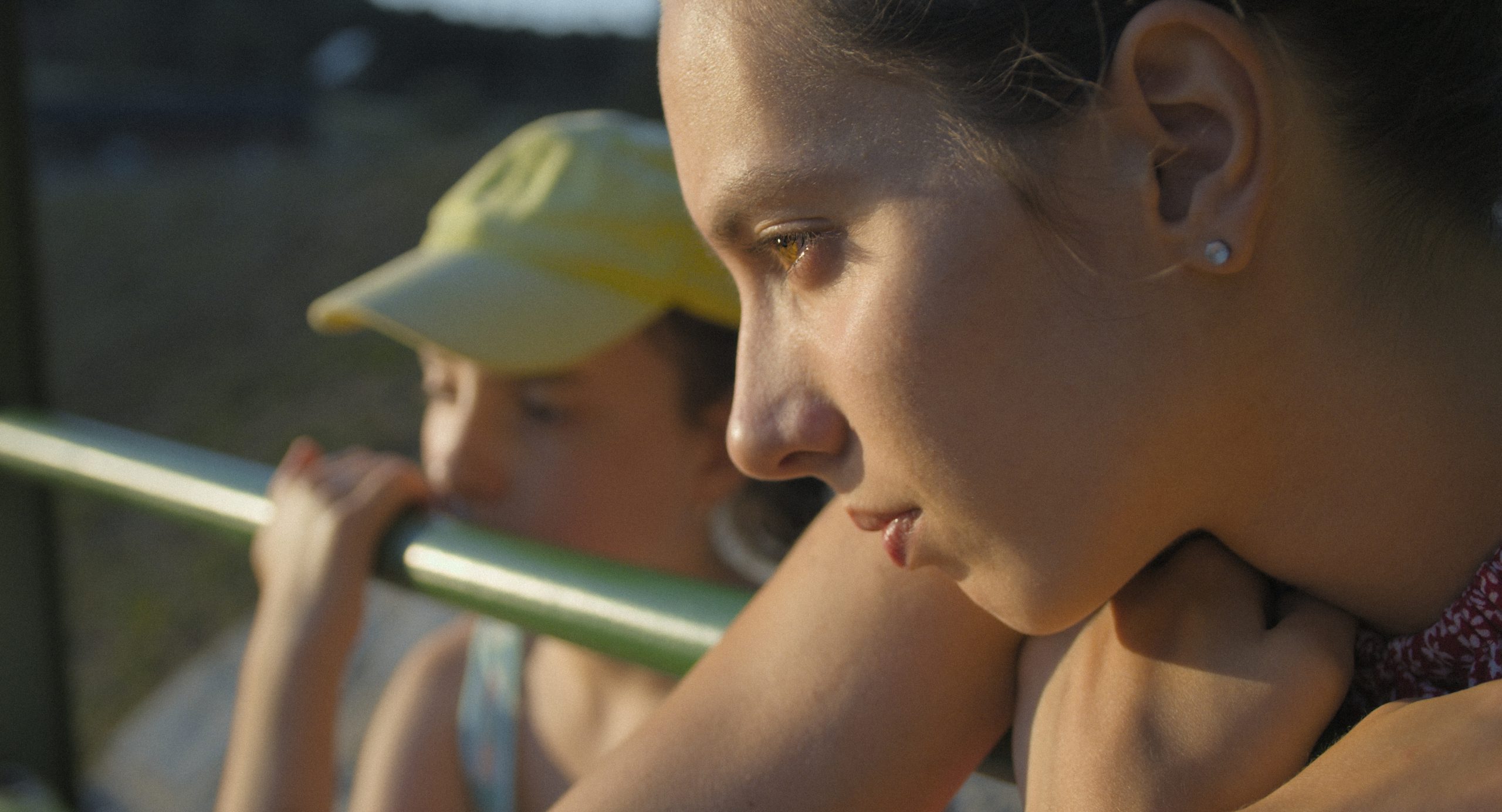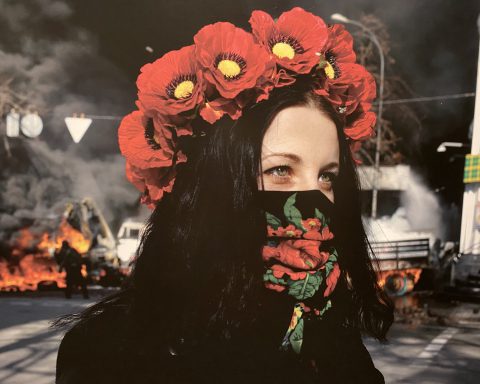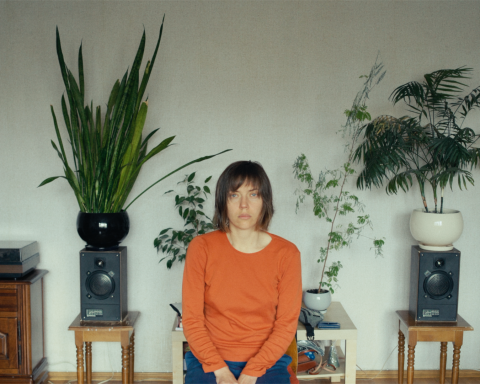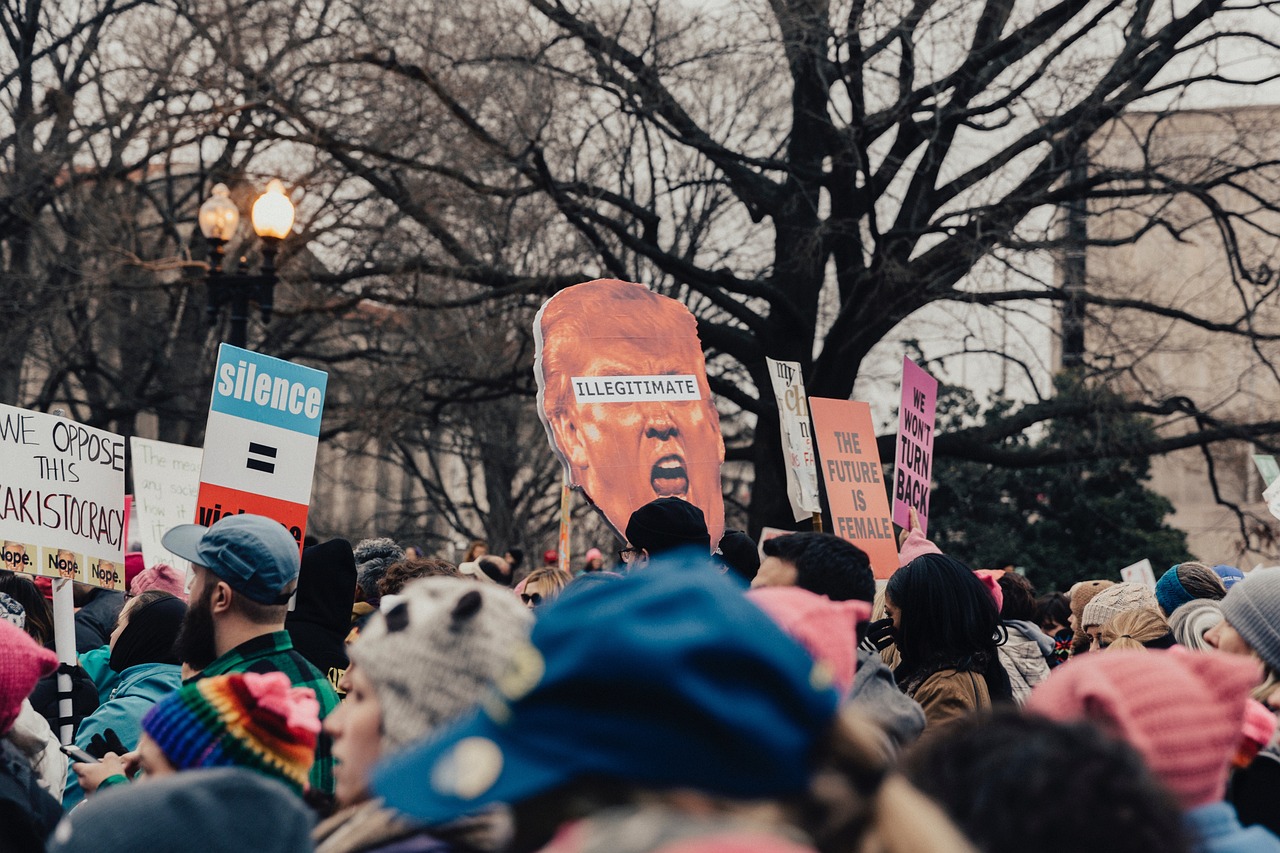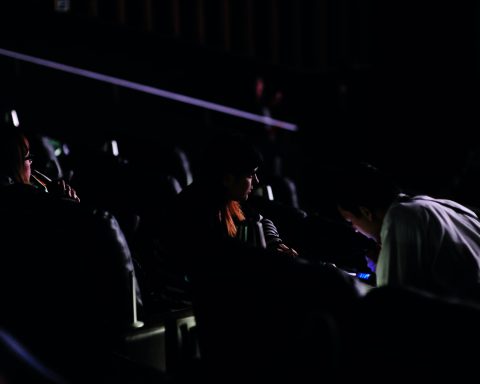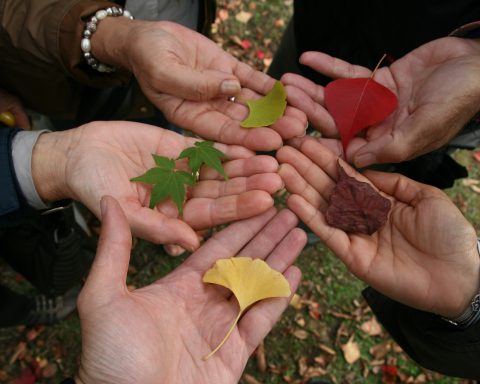In Leipzig, many of us engage in daily routines—planting flowers in our Kleingartens, spending time with friends and family—with a sense of relative security. While we face our own personal challenges, it’s rare that we confront the extreme circumstances in some of the stories from across the world to be showcased next week at DOK Leipzig 2024.
This year’s festival presents two feature-length documentaries from Central and Eastern Europe that offer profound insights into lives where the ordinary is continuously disrupted, prompting reflections on the privileges and complexities of our own experiences. “Flowers of Ukraine” by Adelina Borets (Poland, Ukraine) and “The Other One” by Marie-Magdalena Kochová (Czechia, Slovakia) delve into the routines of individuals facing extraordinary physical and emotional challenges.
These films highlight incredible resilience in the face of daily adversity, encouraging us to appreciate aspects of life we might otherwise take for granted.
In “Flowers of Ukraine,” we meet Natalia, who cultivates a flourishing garden and an eccentric persona and relationships (with her “two ex-husbands”) amid the concrete sprawl of Kyiv’s high-rises. Despite pressure and hefty money offers from developers, and the encroaching harsh realities of war following Russia’s attack in February 2022, Natalia remains unwavering.
The documentary’s protagonist continues her routine, tending to her animals and nurturing her plants, as sirens wail and the world around her changes dramatically. She keeps her spirits high in front of the camera and for her teenaged granddaughter most of the time, with only a few cracks showing through in her moments of deepest fear and loss.
The goats, chickens, flowers, and fruit trees surrounding Natalia are reflections of her exuberant spirit.
Borets captures Natalia’s steadfastness and uniqueness without embellishment, allowing the contrast of her serene oasis against a backdrop of conflict to speak volumes. She allows the space for it all to sink in and be absorbed by the viewer. The film doesn’t sensationalize war; instead, it highlights the quiet acts of normalcy that become revolutionary under such circumstances.
Elsewhere, in a small Czech town, “The Other One” introduces us to Johana, an 18-year-old grappling with entering adulthood and the prospect of moving away from home under difficult circumstances. Her dreams of studying psychology, and backup plan of becoming a teacher, are both tempered and inspired by the heavy demands of her family life. With a younger sister whose severe autism requires constant care and attention from both the parents and Johana, the teen both craves and fears gaining her autonomy.
The family’s life revolves around managing unpredictable outbursts and maintaining a fragile balance, and for over half her life, Johana has known nothing else.
Kochová’s documentary presents this struggle with restraint, avoiding melodrama. Johana’s internal conflict is tangible as she weighs the possibility of leaving home against the responsibilities she feels towards her sister and parents. It’s a nuanced portrayal of the often unseen sacrifices within families dealing with disability.
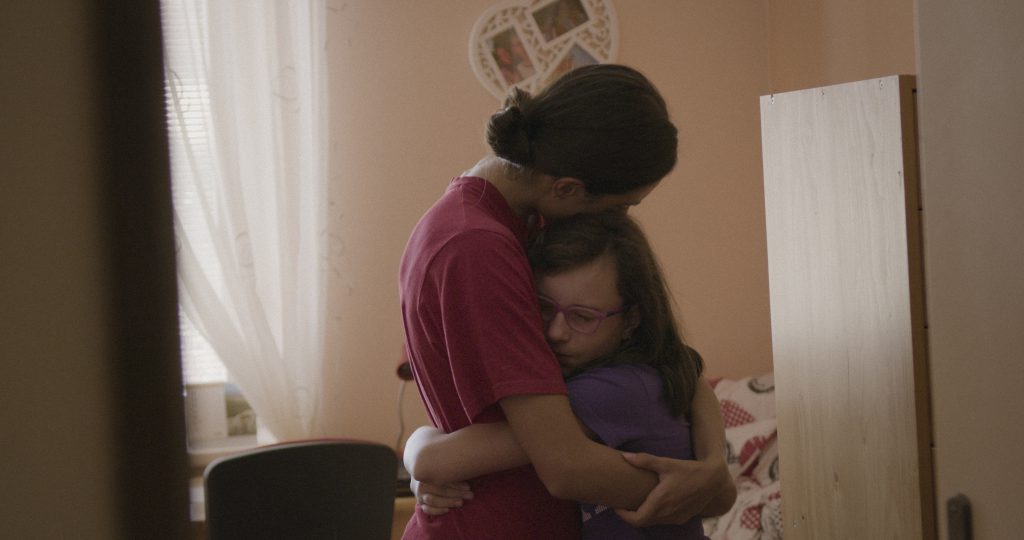
Both films, while rooted in different contexts, explore the theme of ordinary people confronting extraordinary challenges. They give voice to the quiet strength found in daily perseverance—Natalia’s refusal to abandon her garden, Johana’s contemplation of her future amid pressing obligations. Their stories prompt reflections on the stability and freedoms available to those of us outside of war zones or without complex family obligations. We are reminded that the ability to pursue personal goals or maintain simple routines is a privilege not afforded to all.
The narratives avoid overt sentimentality, instead presenting their subjects, along with their reflections on their inner and outer worlds, with authenticity.
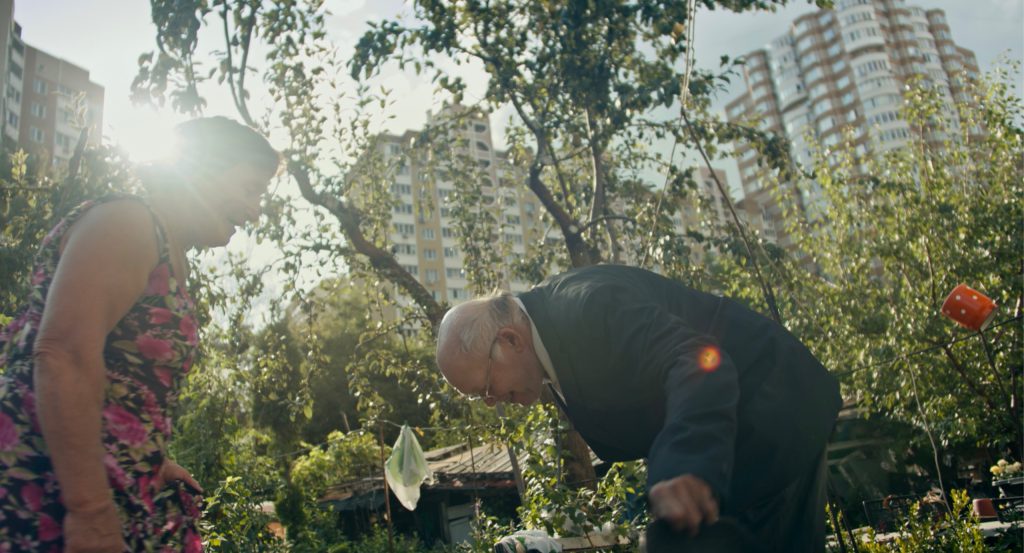
There’s no romanticizing of hardship, but rather an honest depiction of individuals navigating complexities that force them to redefine what normalcy means. While we may not face the same extremes, the narratives invite us to consider our own capacities for resilience and empathy, prompting a deeper appreciation of our circumstances and the challenges others endure.
Screenings at DOK Leipzig 2024:
- 28 October 2024, 20:30 at Hauptbahnhof Osthalle (free entry; international premiere with Q&A with producers)
- 29 October 2024, 00:01 via DOK Stream 24h
- 30 October 2024, 21:00 at CineStar 5 (Q&A with director and team)
- 3 November 2024, 12:00 at CineStar 2
- 31 October 2024, 12:00 at CineStar 5 (German premiere with Q&A)
- 1 November 2024, 17:00 at CineStar 6 (with Q&A)
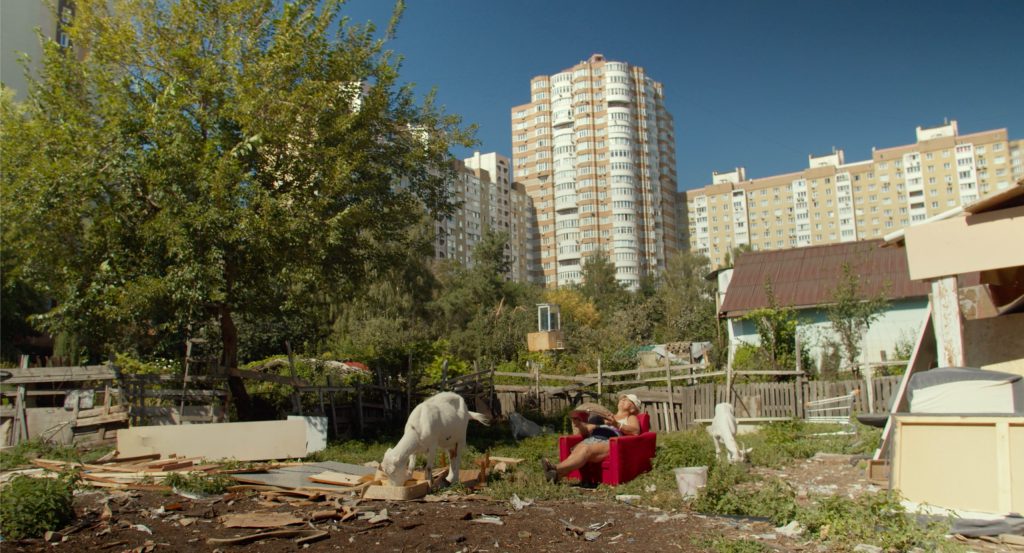
For more information on DOK Leipzig 2024, please visit the official festival website.

